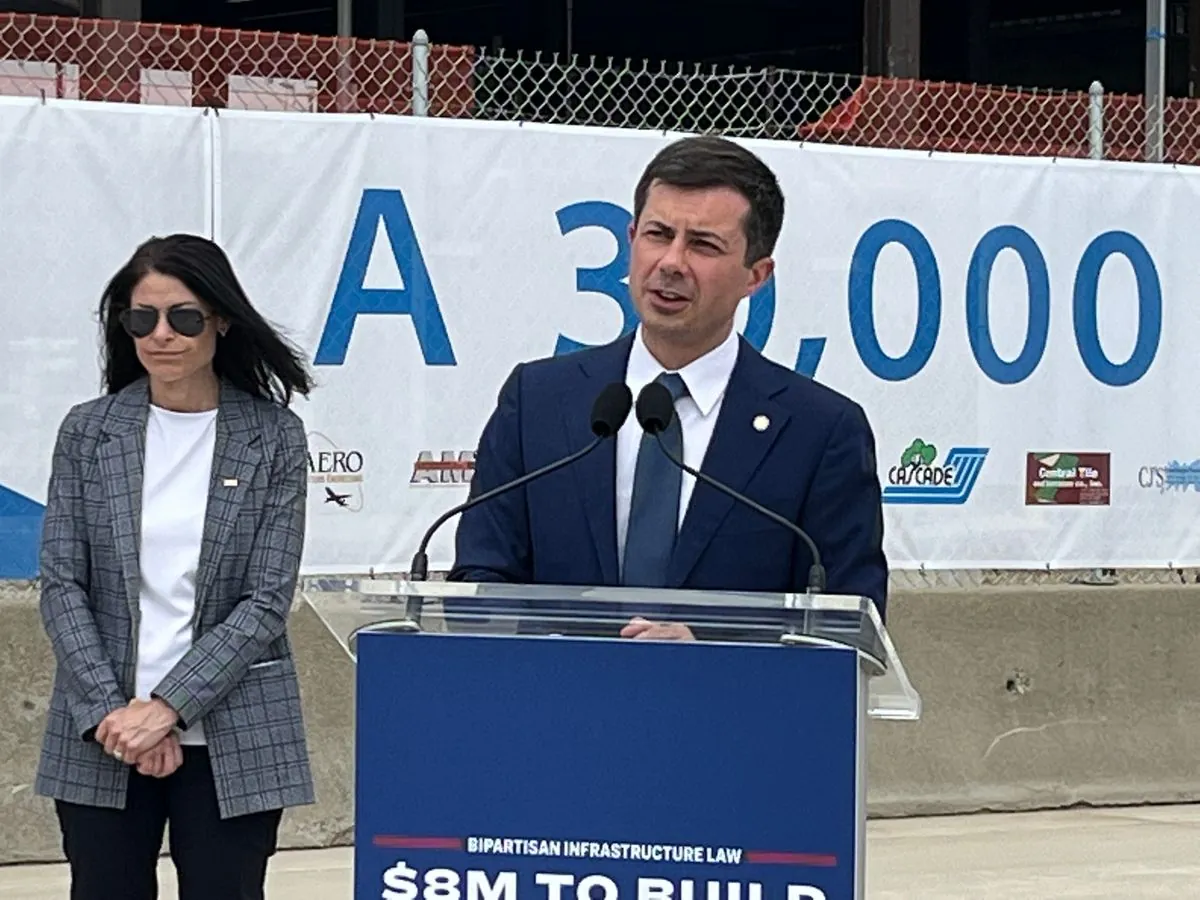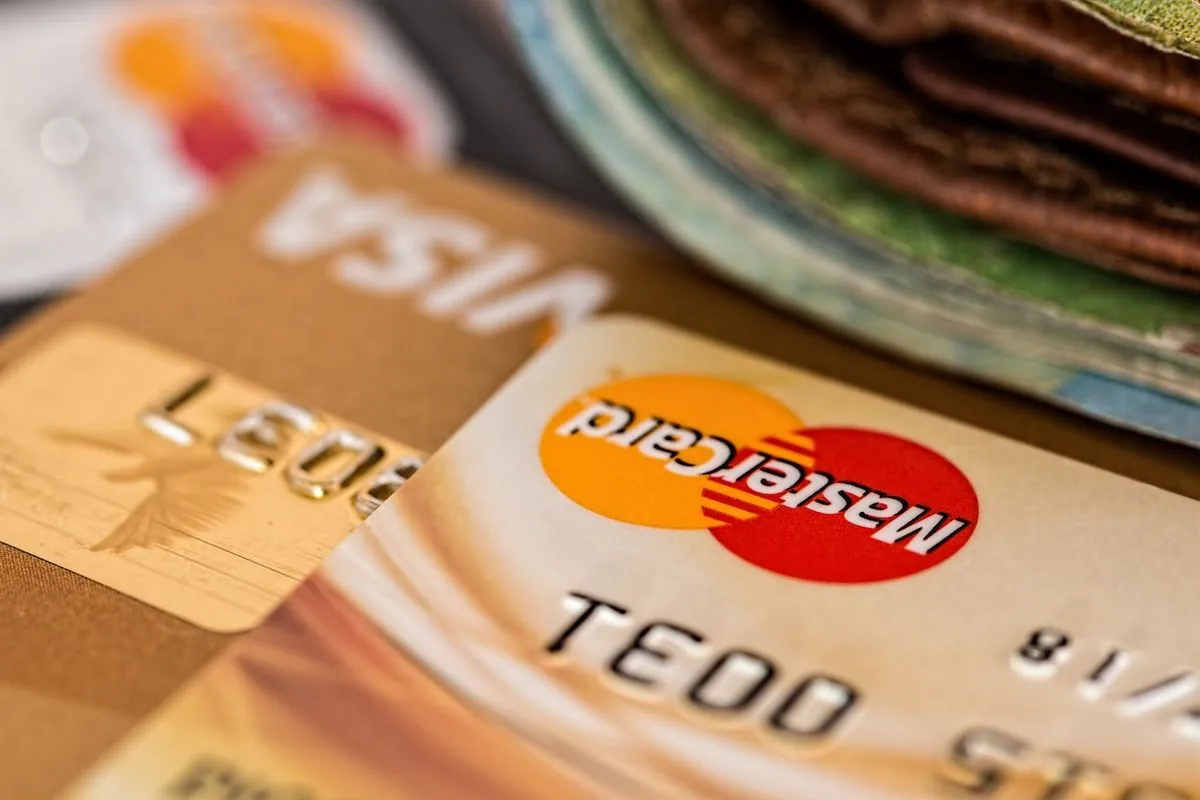US Probes Major Airline Loyalty Programs Amid Devaluation Concerns
Biden administration investigates frequent-flyer programs of four major US airlines. Transportation Secretary Pete Buttigieg seeks reports on policies, fees, and program changes amid consumer complaints about point devaluation.

The Biden administration has initiated an investigation into the frequent-flyer programs of the four largest US airlines, focusing on concerns about point devaluation and changing redemption requirements. Pete Buttigieg, the Transportation Secretary, has formally requested detailed reports from the CEOs of American, Delta, Southwest, and United airlines regarding their loyalty program policies, fees, and other features.
This inquiry comes in response to growing consumer complaints about airlines increasing the number of points required for flight bookings and limiting seat availability for reward redemptions. Buttigieg emphasized the importance of these programs to consumers, stating, "Our goal is to ensure consumers are getting the value that was promised to them, which means validating that these programs are transparent and fair."
The investigation marks a significant development in the loyalty program landscape, which has evolved considerably since its inception. The first frequent-flyer program was introduced by American Airlines in 1981, with Delta and United following suit the same year. Today, these programs boast massive memberships, with American's AAdvantage program alone having over 115 million members.
In response to the inquiry, Delta affirmed the importance of member loyalty, while Southwest highlighted that its points never expire. Airlines for America, representing all four carriers, defended the programs' transparency and benefits to consumers.
The evolution of these programs has seen a shift from mileage-based to revenue-based earning systems. This change, along with the removal of award charts by some airlines, has made it more challenging for consumers to predict redemption costs. For instance, Delta removed its award charts in 2015, followed by United in 2019 for flights on its own aircraft.

The investigation also touches on the financial significance of these programs to airlines. Industry data suggests that airlines can earn up to 50% of their profits from selling miles to credit card companies, highlighting the programs' importance beyond customer retention.
Consumer advocates have expressed concerns about the changing nature of these programs. Erin Witte of the Consumer Federation of America noted the irony in how loyalty programs have evolved, stating, "It's ironic that many of them have morphed into programs that are anything but loyal to their customers."
The Transportation Department has given the airlines 90 days to report on various aspects of their programs, including how point values are determined, associated fees, and details of partnerships with banks. This comprehensive review aims to shed light on program changes since July 31, 2018, and their impact on the dollar value of reward points.
As the global loyalty management market continues to grow, valued at $4.43 billion in 2021, this investigation could have far-reaching implications for how airlines structure and manage their loyalty programs in the future.
"It's ironic that many of them have morphed into programs that are anything but loyal to their customers and instead make people feel like they need an insurance policy to keep the points they have earned."
This probe reflects a broader trend of increased scrutiny on consumer-facing programs in the travel industry. With the average value of airline miles estimated at 1-2 cents per mile, the outcome of this investigation could potentially reshape how millions of consumers interact with and benefit from these ubiquitous loyalty programs.


































